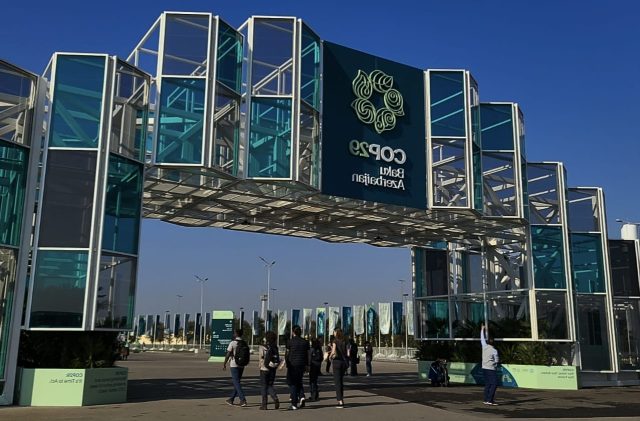African negotiators at COP29 are raising concerns over the Advisory Board’s decision to select Geneva as the host city for the Santiago Network on Loss and Damage (SNLD) Secretariat, despite Nairobi scoring higher in technical evaluations.
The decision has sparked outrage among the African Group of Negotiators (AGN) and civil society organizations, who accuse the board of sidelining Africa in critical global climate decision-making processes.
Nairobi had emerged as the frontrunner in a technical assessment conducted by UNOPS-UNDRR, which evaluated cost-effectiveness and overall benefits.
However, the Advisory Board bypassed these findings, opting for Geneva without offering any justification. This decision, African negotiators argue, is a glaring example of the persistent imbalance between the Global North and South in climate governance.
“The dismissal of Nairobi’s bid undermines Africa’s capacity and readiness to host critical climate institutions,” a representative of the AGN stated, adding that the decision reflects broader challenges in securing equity for developing nations.
The controversy comes as climate finance continues to divide negotiators. The AGN has called on developed nations to recognize Africa’s unique vulnerabilities and commit to providing at least $1.3 trillion annually in climate finance as grants, not investments.
These tensions are unfolding amid protracted discussions in Baku, where negotiators are struggling to agree on a draft text addressing key issues like emission cuts, contributions to climate finance, eligibility for funding, and whether financing should be grant-based or investment-driven.
Saturday’s closing session was delayed by five hours as diplomats sought consensus on these contentious points.
African negotiators remain resolute in challenging the Secretariat decision while advocating for equitable climate finance that addresses the disproportionate impacts faced by the Global South.




















